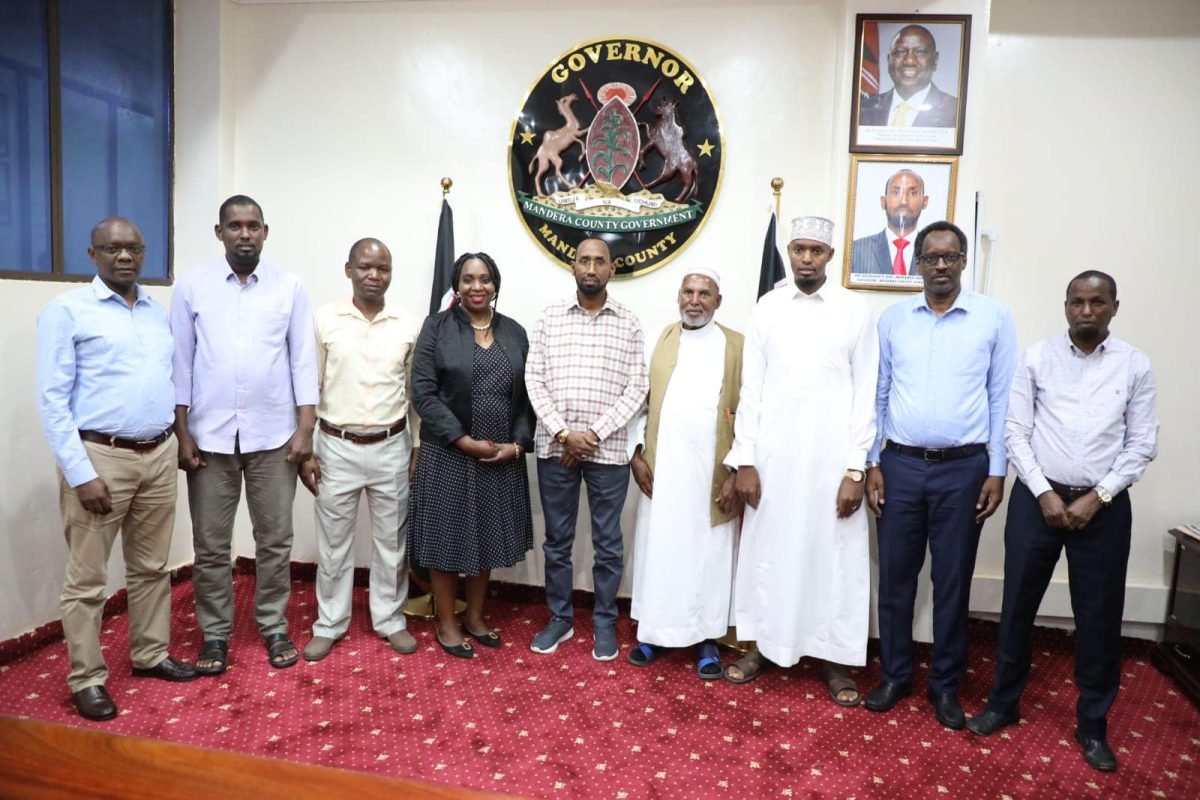A recent audit has exposed significant nepotism in Mandera County’s hiring practices, revealing that over half of the county workforce comprises individuals related to the governor. The report, conducted by Auditor-General Nancy Gathungu, raises serious concerns about compliance with Kenya’s national cohesion and integration laws.
Widespread Clan-Based Hiring in Mandera County
According to the audit findings as of June 30, 2024, 1,918 out of the 3,761 county employees—representing 51% of the workforce—are relatives of the governor. This violates Section 7(2) of the National Cohesion and Integration Act, 2008, which stipulates that no public institution should have more than one-third of its staff from the same ethnic group.
The issue extends beyond county employees, as 11 out of 12 County Executive Committee (CEC) members also hail from the same clan, further entrenching dominance in governance structures.
Political and Administrative Control by a Single Clan
The audit also uncovered a concerning trend in Mandera’s political leadership. Key elected positions, including governor, senator, woman representative, and three out of six Members of Parliament, are all held by individuals from the dominant clan. Additionally, senior administrative roles such as county secretary and chief of staff are occupied by members of the same group.
This overwhelming control has sparked criticism from residents and governance experts, who argue that such practices undermine fair representation and inclusivity.
Public Outcry Over Hiring Disparities
Mandera residents have voiced their frustrations over the county’s recruitment bias. Abdirahman Abdi, a local resident, confirmed the audit’s findings, stating, “That report is absolutely correct. When applying for a county job in Mandera, you are required to declare your clan. Preference is always given to candidates from the dominant group.”
This is not the first time clan-based favoritism has shaped Mandera’s political and administrative landscape. In 2016, the Garre Council of Elders mandated 24 politicians, including then-Governor Ali Roba and Senator Billow Kerrow, to step down in favor of a rotational leadership system among sub-clans. While this move aimed at promoting inclusivity, it also fueled tensions and political instability in the region.
Calls for Fairness and Inclusivity in County Employment
The revelations from the audit have reignited debates on equity and governance in Mandera. Many residents and advocacy groups are now urging authorities to implement fair hiring policies that provide equal employment opportunities regardless of clan affiliations.
With growing scrutiny from the national government and civil society, pressure is mounting on Mandera’s leadership to address these disparities and uphold Kenya’s diversity and cohesion principles in public service.
As concerns over governance integrity rise, the county’s hiring practices will likely remain under close watch, with demands for reforms to ensure fair representation, transparency, and equal opportunity for all Mandera residents.





